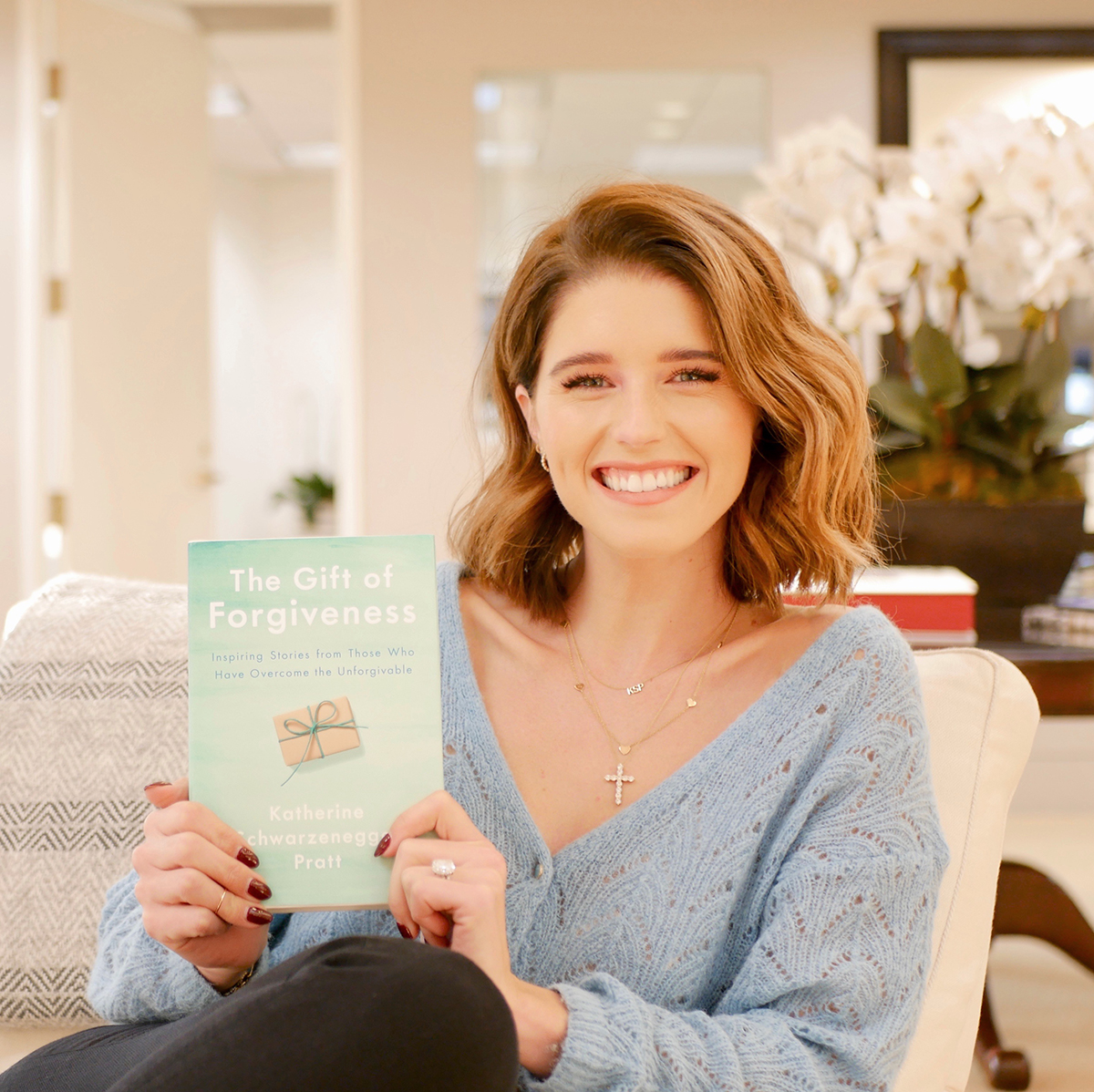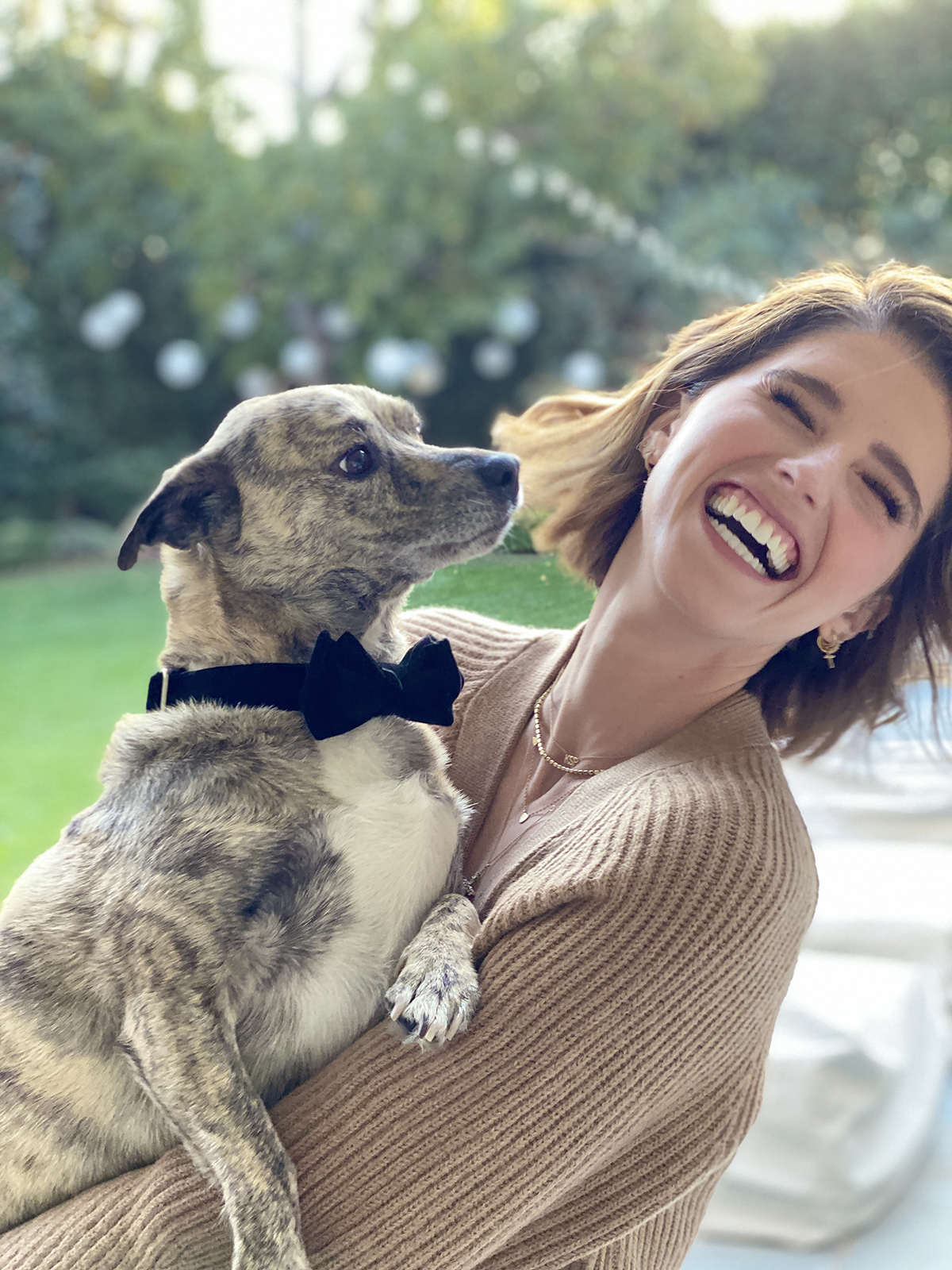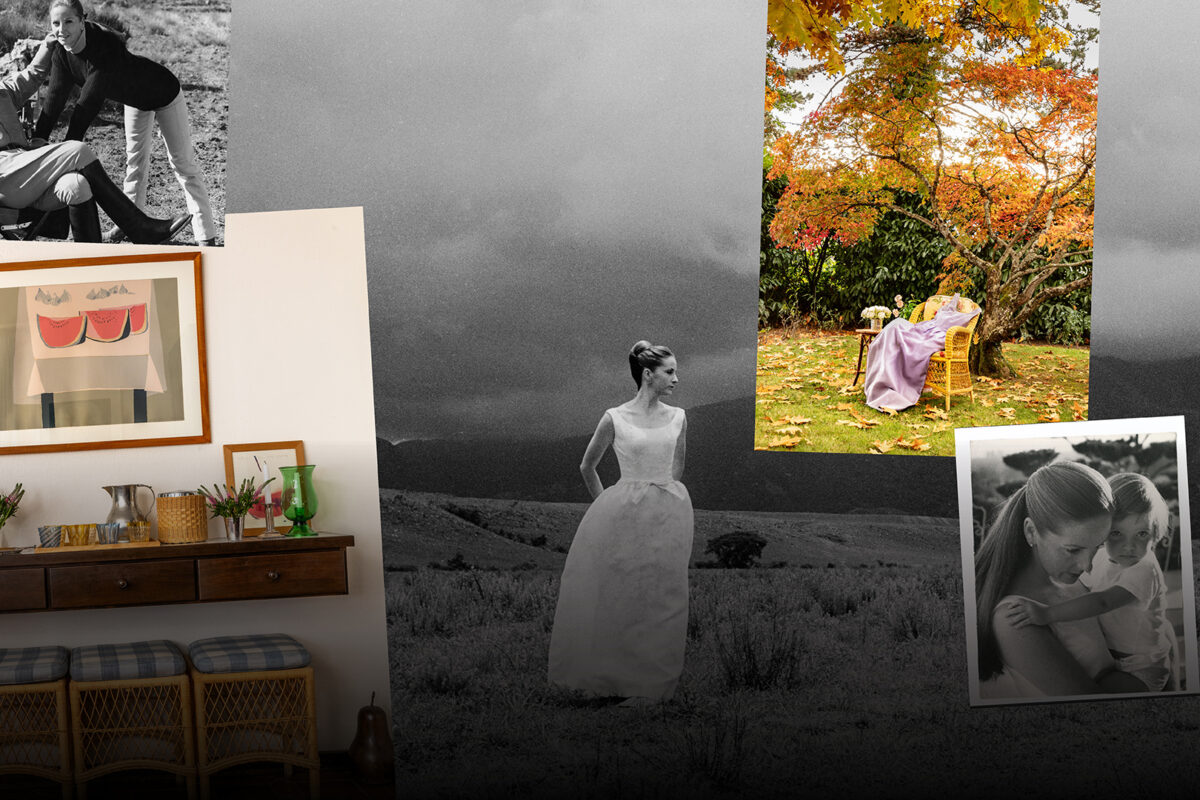For her new book, the Santa Monica-based author interviewed public figures about finding their paths to peace
Words by MARIE LOOK
In Katherine Schwarzenegger Pratt’s most recent book, The Gift of Forgiveness: Inspiring Stories From Those Who Have Overcome the Unforgivable (Pamela Dorman Books, $20), out now, the Santa Monica-based author has focused on how challenging — but ultimately empowering — the road to forgiving another person can be.
Schwarzenegger Pratt interviewed more than 20 individuals — including astronaut Mark Kelly, activist Sue Klebold and former professional football player Lewis Howes — who have grappled with their own feelings of hurt, confusion and anger as the result of another person’s actions.
“I’ve decided to work on each of my books based on real-life experiences, moments in life where I was going through certain things,”says Schwarzenegger Pratt, whose past three titles have centered on topics like body image, navigating life as a fresh college graduate, and animal advocacy.
For this, her fourth book, the author paired her own personal reflections with the emotional stories and insights of individuals like Tanya Brown, the sister of Nicole Brown-Simpson; Talinda Bennington, the widow of Linkin Park frontman Chester Bennington; and activist Elizabeth Smart, who survived a nine-month abduction when she was a teenager.
“Forgiveness really is so unique and means something different to every single person”
Katherine Schwarzenegger Pratt
“Through this research, I realized how incredibly complex and challenging the topic of forgiveness is and how unique it is to every single one of us,” Schwarzenegger Pratt says. “When I was able to speak to other people about their stories and their struggles with forgiveness, I found that to be the most helpful advice, and I was able to draw the most inspiration and tools for my own life.”
Thanks to Schwarzenegger Pratt’s empathy toward her subjects and the candidness of those she interviewed, The Gift of Forgiveness delivers comfort and hope for readers, in addition to actionable steps they can take in order to let go of resentment and achieve peace in their own lives.
“Forgiveness really is so unique and means something different to every single person,” Schwarzenegger Pratt explains. “I think some people in my book have a relationship with forgiveness where it’s a ‘one and done’ action, and once they forgive someone they never go back to it again. [But] I would say for a lot of people, it’s an ongoing process where they … have moments where they’re very clear on being able to practice it, and other moments where they’re challenged by it — and I think that’s really normal.”
Here, C shares an excerpt from Schwarzenegger Pratt’s chapter on abduction survivor Elizabeth Smart from The Gift of Forgiveness.
• • • • •
ELIZABETH SMART
Words by KATHERINE SCHWARZENEGGER PRATT
In June 2002, when she was 14 years old, Elizabeth Smart was kidnapped from her bedroom in Salt Lake City, Utah. She spent nine months in captivity, during which her captors — a husband and wife — tied her up, raped her daily, and threatened to kill her family if she made any attempts to escape. In March 2003, she was rescued by police officers and returned to her family. Such an ordeal would leave many of us in a permanent state of rage, but, incredibly, not Elizabeth. Shortly after her release, she made the decision to forgive her captors for all the horrible things they had done to her — and to move forward with her life.
Forgiveness did not come instantly; it was a process. Like many, Elizabeth grew up with the idea that forgiveness was something simple, something she had learned on the playground: “When someone pushes you down, you’re the bigger person when you say, ‘It’s okay. We can stay friends.’” When she returned home after being rescued, she still thought of forgiveness in this way. It took time for her to realize that forgiveness is not a gift you give to others; it’s something you do for yourself — while also not excusing what happened to you. The horrible acts committed against her were in no way justifiable, but she discovered that she could accept her past in order to reclaim her future.
It wasn’t until Elizabeth was trying to re-acclimate to everyday life that she realized her childhood version of forgiveness no longer served her. She realized something crucial: “Forgiveness is not necessarily a two-way street. It’s a very personal thing, and you don’t need two people for forgiveness to happen.” She learned that at the heart of forgiveness is compassion: compassion for the person who harmed you and, more importantly, compassion for yourself. As she told me, “It’s loving myself. It’s allowing myself to feel whatever emotions I feel and to deal with them. And if it’s anger, you know what? I think that is just fine.”
When Elizabeth first returned home, her mother told her that she should try her best not to relive her ordeal. Her captors had already taken so much from her; allowing them to maintain their grip on her by revisiting her captivity would be giving them too much control. She knew that staying angry at her captors wouldn’t make any difference to them — it wouldn’t punish them or erase any of the harm they had caused her. It would only trap her in her own cycle of trauma and rage. For her, holding on to this anger meant that she would never be fully happy: “I’d never be able to enjoy my life.” Only once she recognized what was important to her — reclaiming her life — was she able to let go of that anger.
Despite all she went through, Elizabeth was still able to find reasons to be grateful. She pointed out that many kid- nappings are committed by someone the victim knows. She told me, “I actually feel so lucky that I was kidnapped and abused by strangers, because most people who have experienced similar things know their captors. For me, I didn’t have to have relationships with them. They were out of my life, so that made it much easier.” Recognizing such glimmers of light, even in her darkest hours, has helped her on her journey forward.
While Elizabeth has chosen a path of forgiveness toward her captors, she admits that she still has moments when she struggles. She says it’s normal for her anger or sadness to overwhelm her at times. “When you have those moments when you feel like you are falling back into anger or sadness,” she told me, “allow yourself to feel those feelings, and then love yourself enough to let them go and to try to embrace your life moving forward.”
She advises people in similar situations to take their time. Working through these feelings is something that everyone must do at their own pace. Beating yourself up about still feeling those emotions only makes moving on even harder. Elizabeth suggests that recovery starts with acceptance: “Accepting that you’re angry, accepting that you’re hurt, accepting that something traumatic has happened to you. Then I would recommend doing your very best to start loving yourself. Don’t even think about forgiveness at that moment. Just try to start loving yourself. I think as your love for yourself grows, you will be able to let go of what’s happened to you.”
Excerpted from The Gift of Forgiveness: Inspiring Stories From Those Who Have Overcome the Unforgivable (Pamela Dorman Books, $20) by Katherine Schwarzenegger Pratt.
Feature image: Photo by Aleksandr Ledogorov/Unsplash.
April 2, 2020
Discover more CULTURE news.






